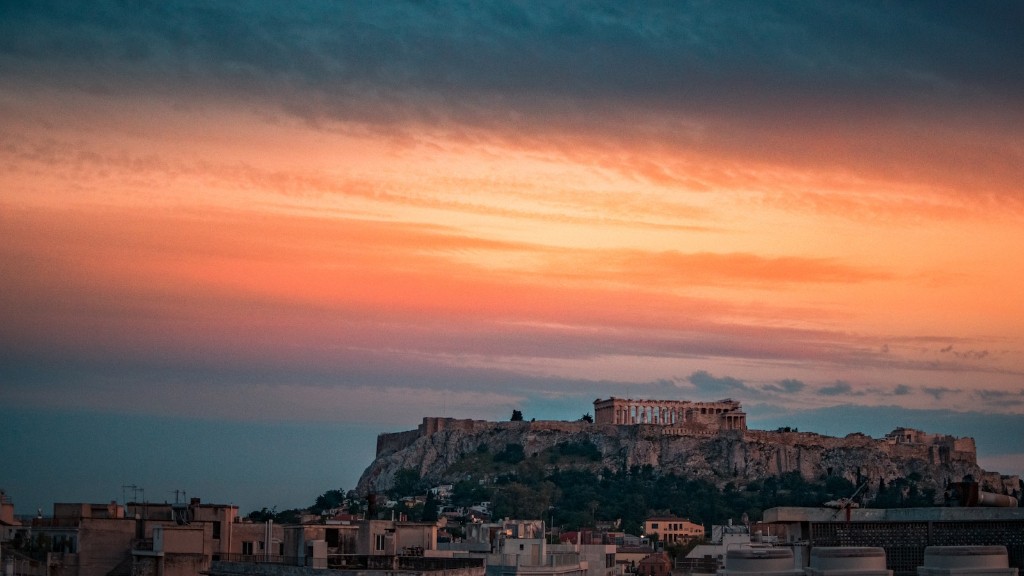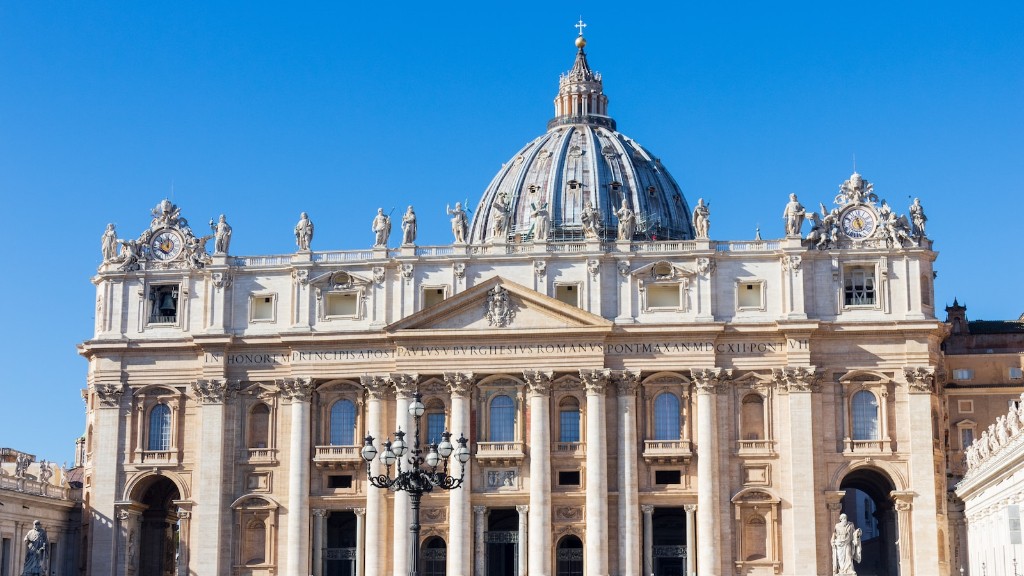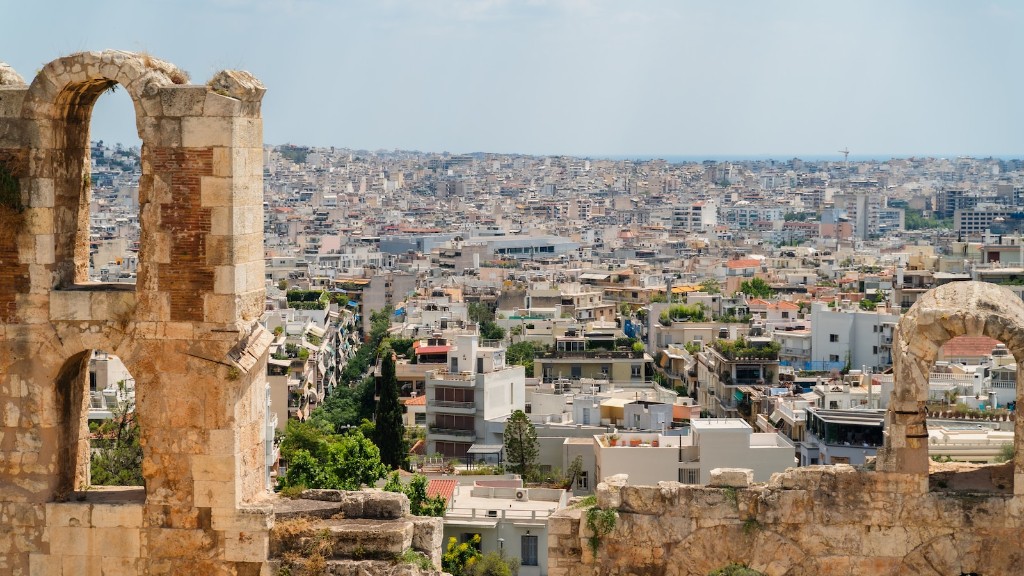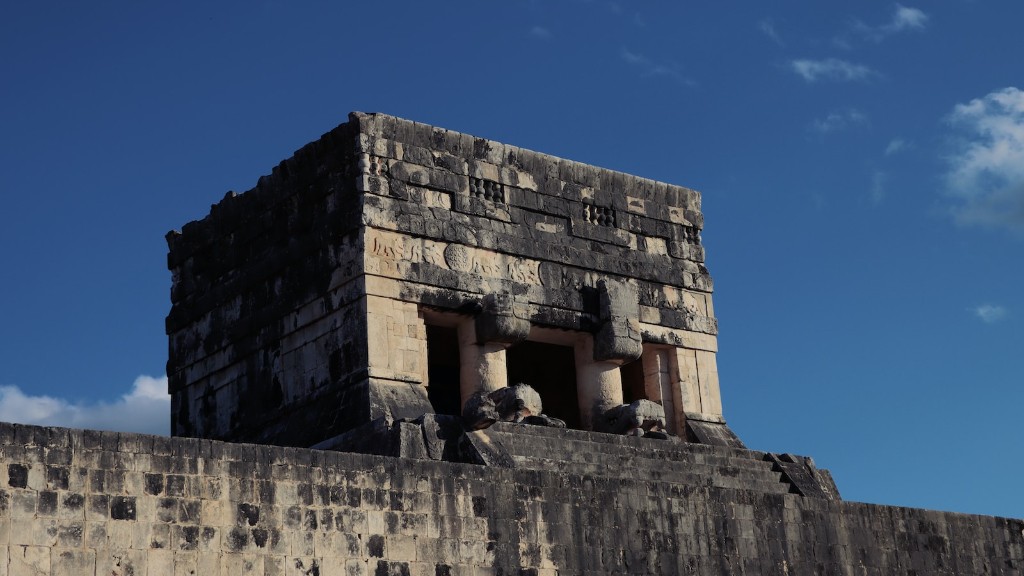The Importance of Heroes in Ancient Greece
Ancient Greek society holds a significant place in history for its rich mythology and legends, where heroes played a crucial role. Heroes were revered individuals who possessed extraordinary abilities, strength, and courage. This article aims to explore the importance of heroes in Ancient Greece, shedding light on their cultural, societal, and psychological significance.
Cultural Significance of Heroes
In Ancient Greece, heroes held a central position in their culture, serving as an embodiment of ideals, values, and societal norms. These iconic figures symbolized the aspirations and desires of the Greek people, offering a representation of what they admired and aspired to be.
Mythical tales and epic narratives portraying the heroic deeds of figures such as Heracles, Achilles, and Odysseus were woven into the fabric of Greek society. These narratives were considered the cornerstone of their cultural identity, with heroes serving as role models who inspired individuals to strive for greatness.
Aspirational Heroic Qualities
Heroes were characterized by exceptional qualities that appealed to the Greek audience. These qualities included bravery, honor, intelligence, strategy, and physical strength. The triumphs and challenges heroes faced in their legendary journeys served as moral lessons, promoting virtues such as courage, loyalty, and wisdom.
Heroes symbolized the epitome of human potential, elevating individuals to believe in their own capacities. Their stories provided hope, motivation, and a sense of collective unity, fostering a spirit of perseverance and the pursuit of excellence.
Societal Significance of Heroes
Ancient Greek society was deeply influenced by its heroic legends. Heroes played multiple roles within society, impacting various aspects of life.
Political Influence
Heroes were not only influential in the cultural realm but also had a direct impact on the political landscape. Kings and rulers sought to associate themselves with these legendary figures, often claiming ancestral connections to heroes. By linking their bloodline to heroism, leaders aimed to legitimize their authority and gain the respect and loyalty of their subjects.
The establishment of hero cults further strengthened the political power dynamics. These cults allowed leaders to connect with the masses on a religious and emotional level, uniting the community under a shared belief system centered around hero worship.
Moral and Ethical Framework
Heroes served as moral compasses, guiding the Greek society towards virtuous behavior. Their stories presented dilemmas, victories, and challenges that demonstrated the consequences of both noble and immoral actions. Through these narratives, heroes showcased the grave consequences of hubris, arrogance, and moral transgressions.
Furthermore, heroes often navigated complex moral choices, highlighting the importance of honor, justice, and ethical conduct. Their stories provided a framework for individuals to make informed decisions and understand the consequences of their actions, instilling a sense of moral responsibility within society.
Psychological Significance of Heroes
The presence of heroes had a profound psychological impact on the Greek population, shaping their individual and collective identities.
Psychological Inspiration
The tales of heroic exploits stirred deep emotions within the hearts of the Greek people. Heroes were seen as beacons of hope and inspiration, evoking admiration, awe, and a desire to emulate their distinguished qualities.
Individuals, especially the youth, found solace and encouragement in the idea that greatness could be achieved through determination and dedication. Heroes provided a psychological escape from the mundane realities of daily life, fueling aspirations and motivating individuals to transcend their limitations.
Collective Identity
A shared admiration for heroes fostered a collective sense of identity among the Greek population. The heroes’ stories and legends served as a binding force, uniting people across different city-states and regions, forging a common cultural heritage.
Moreover, heroic narratives were often performed through theatrical plays and arts, creating a sense of communal experience. These performances allowed the audience to delve into the mythical world of heroes, enhancing the sense of belonging and reinforcing the shared cultural identity.
Conclusion
The importance of heroes in Ancient Greece cannot be underestimated. Heroes served as cultural icons, societal influencers, and psychological inspirations, shaping the values, ethics, and aspirations of an entire civilization. Their stories have transcended time, leaving a lasting legacy that continues to captivate and resonate with us today.




